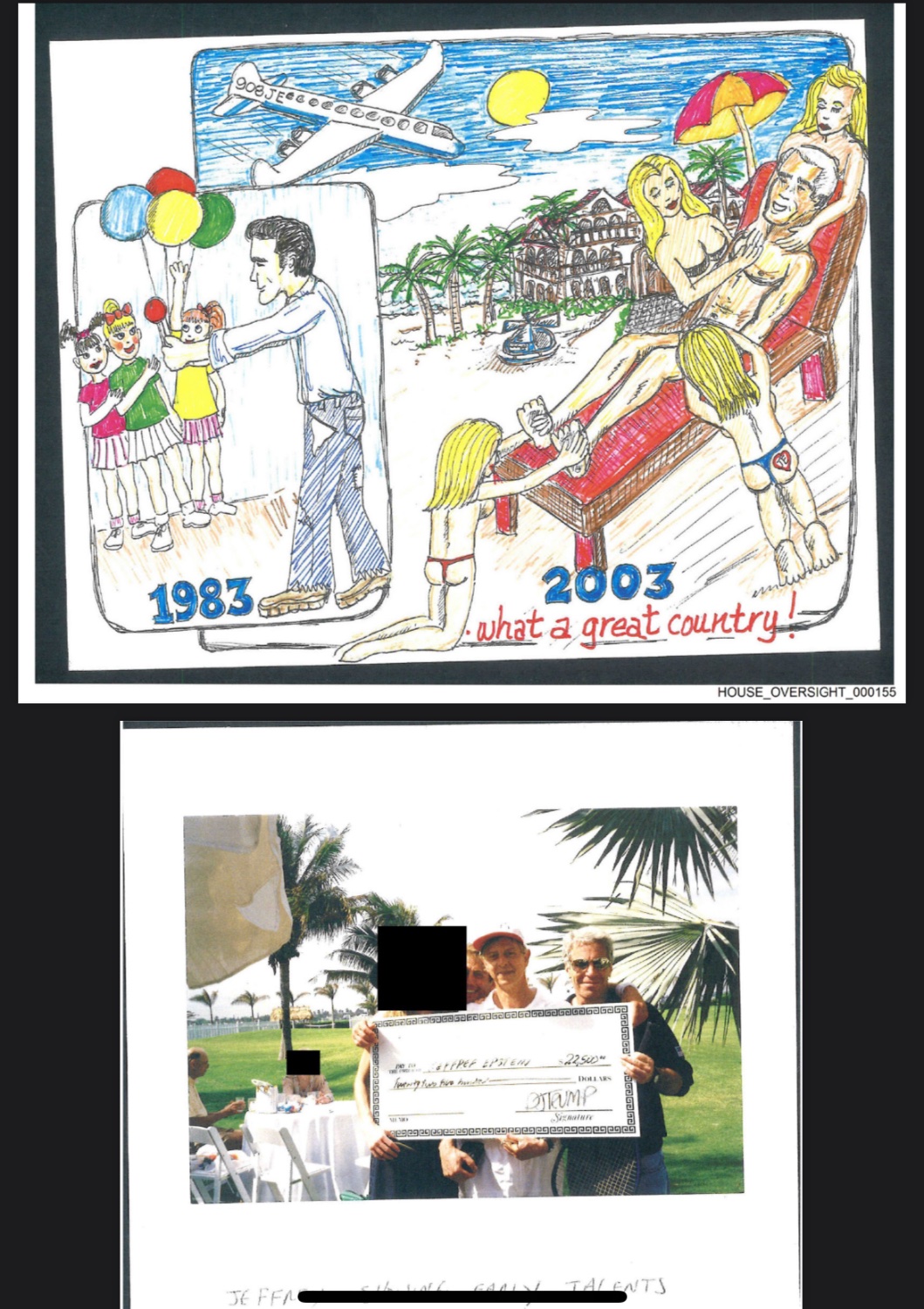Funny… but Seasons… so… kind dumb.
wowwoweowza
joined 2 years ago
Thank you for this. I may make a local one.
I’ll keep you posted.
That’s good and I’m not opposed piracy but buy nothing ideology goes into other areas as well.
Enshitification is everywhere.
Well… thanks for the racist dog whistle accusation. I’m a light bringer — I’m trying to be encouraging. Career tech certificates in medical are making hundreds of thousands of people of all races and genders eligible for careers starting 60k, 70k, up to 110k. Radiology tech is just one of many.
Onward.
Apprenticeships or career tech certificates can help.
My audience is not women. It’s men.
Well… hunger isn’t intimacy either?
If you are paying, she ain’t staying, and that ain’t intimacy— it’s delusion.
view more: next ›





That’s nice. I need to help that little comm with some more simplicity.